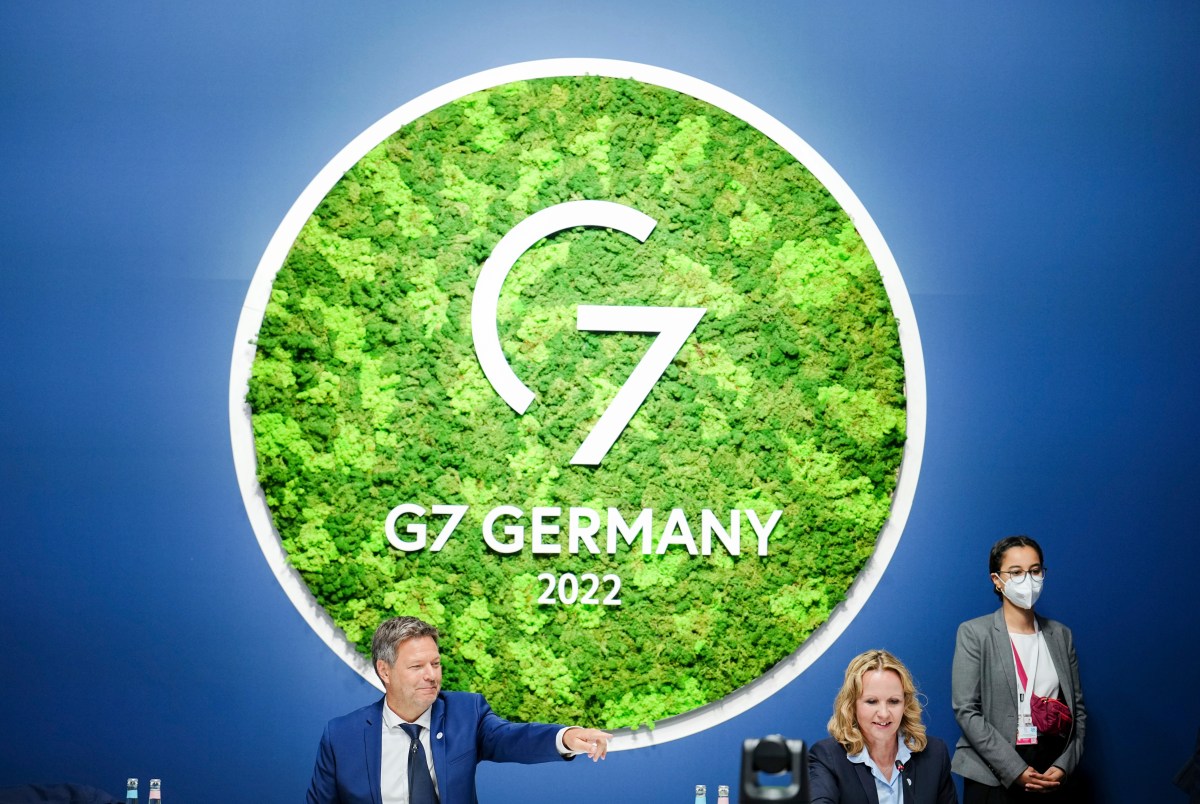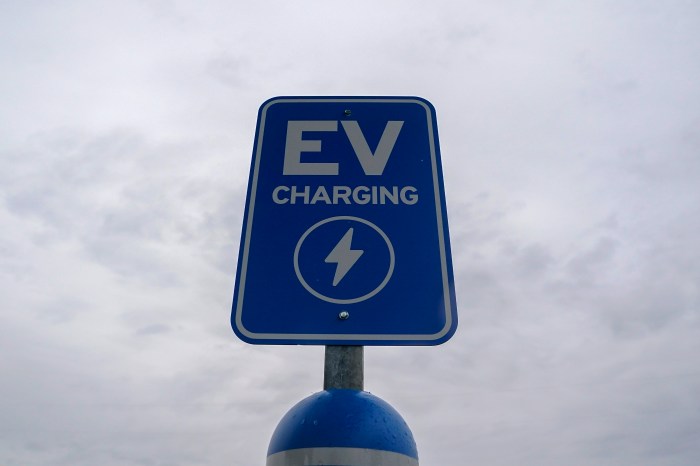BERLIN (AP) — Germany’s energy and climate minister said Thursday that the Group of Seven wealthy nations can lead the way on ending the use of coal, a heavily polluting fossil fuel that’s responsible for a fifth of global greenhouse gas emissions caused by humans.
Senior officials from the G-7 countries are holding a three-day meeting in Berlin during which they will seek to agree on common targets for the shift from fossil fuels to renewable energy that scientists say is urgently needed to curb climate change.
“The G-7 (…) can perhaps take on a certain pioneering role to push forward ending the use of coal for electricity and in decarbonizing the transport system,” German Energy and Climate Minister Robert Habeck said.
G-7 members Britain, France and Italy have set deadlines to stop burning coal for electricity in the next few years; Germany and Canada are aiming for 2030. Japan wants more time, while the Biden administration has set a target of ending fossil fuel use for electricity generation in the United States by 2035.
Setting a common deadline would put pressure on other major polluters to follow suit and build on the compromise deal reached at last year’s U.N. climate summit, where nations committed merely to “phase down” rather than “phase out” coal — with no fixed date.
Habeck said the issue could be carried forward to the G-7 leaders summit in Elmau, Germany, next month and then to the meeting of the Group of 20 leading and emerging economies later this year. Getting G-20 countries to sign on to the ambitious targets set by some of the most advanced economies will be key, as countries such as China, India and Indonesia remain heavily reliant on coal.
There is also pressure for rich countries to step up their financial aid to poor nations ahead of this year’s U.N. climate meeting in Egypt. In particular, developing countries want a clear commitment that they will receive funds to cope with the loss and damages suffered as a result of climate change.
Wealthy nations have resisted the idea for fear of being held liable for costly disasters caused by global warming.
Habeck, a member of the environmentalist Green party, has insisted that Germany is committed to the 2015 Paris climate accord despite scrambling to secure new sources of fossil fuels — including from the United States — to make up for Germany cutting its energy purchases from Russia.
“What we are seeing at the moment is an acceleration of the ecological transformation,” he said.
The meeting in Berlin will also seek to reach agreements on phasing out combustion engine vehicles, boosting funding for biodiversity programs, protecting oceans and reducing plastic pollution.
Follow all AP stories on climate change issues at https://apnews.com/hub/climate.



















